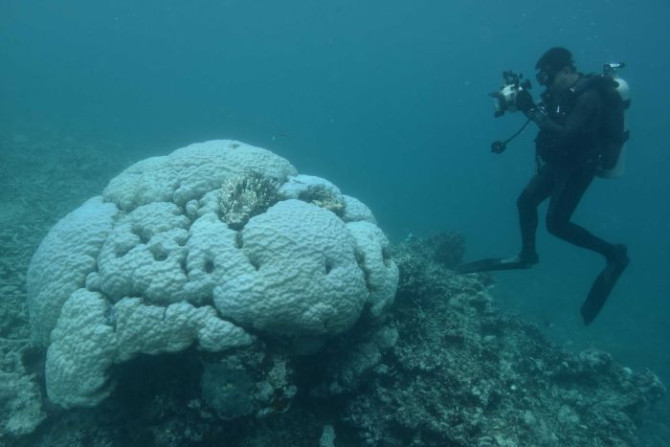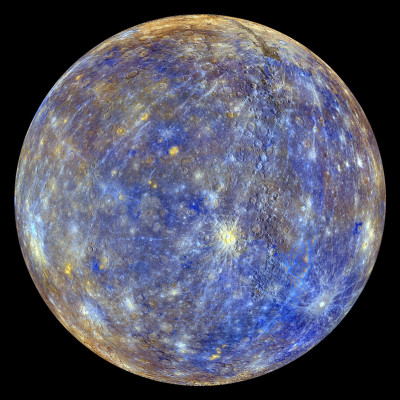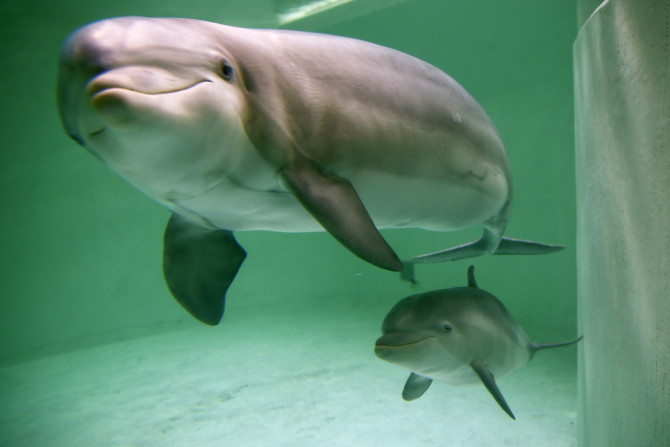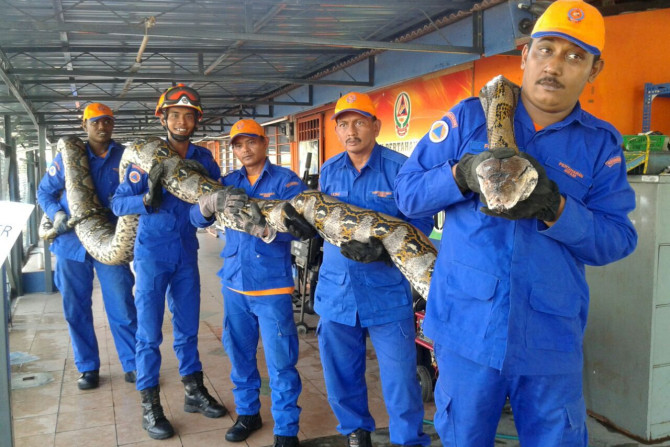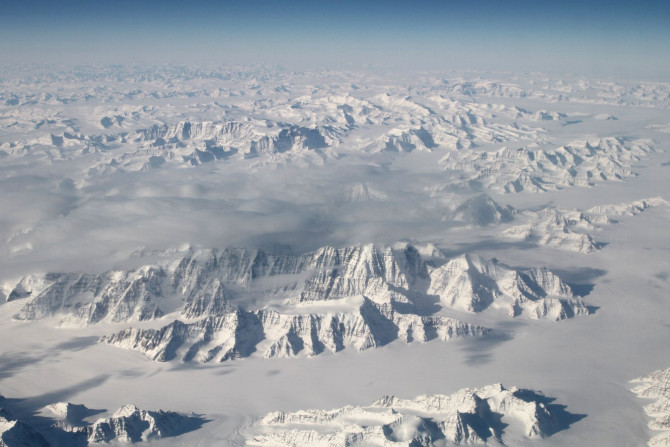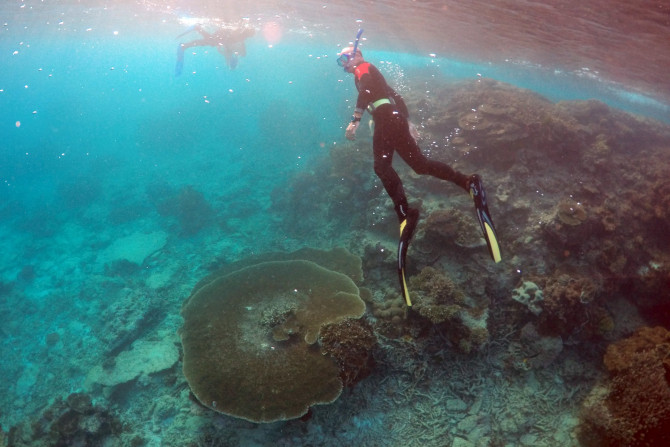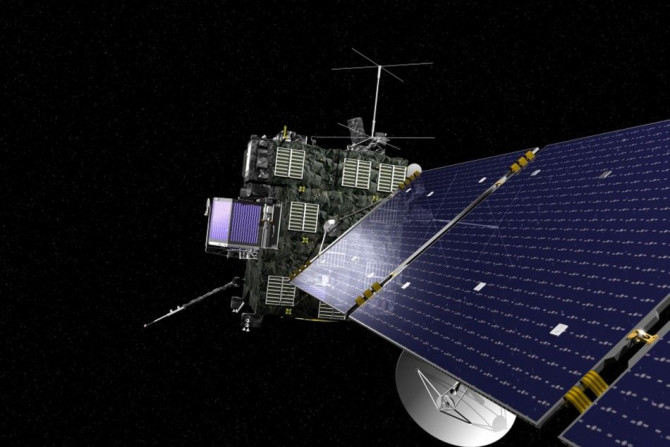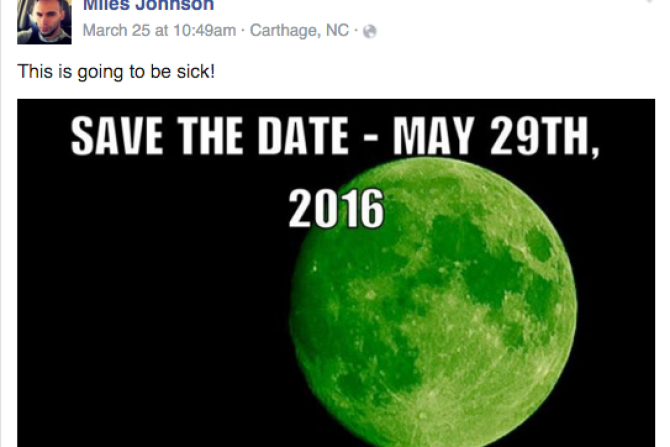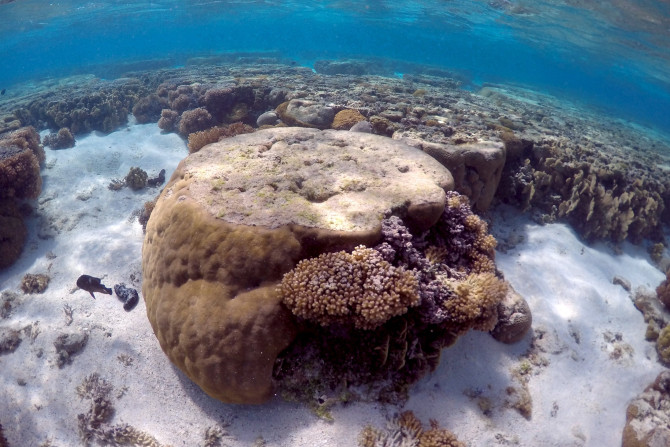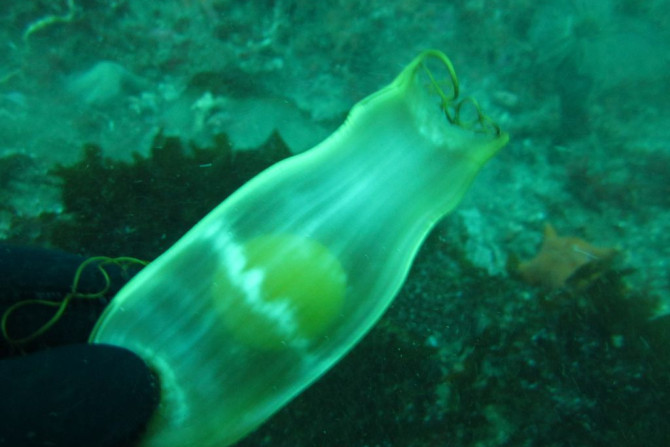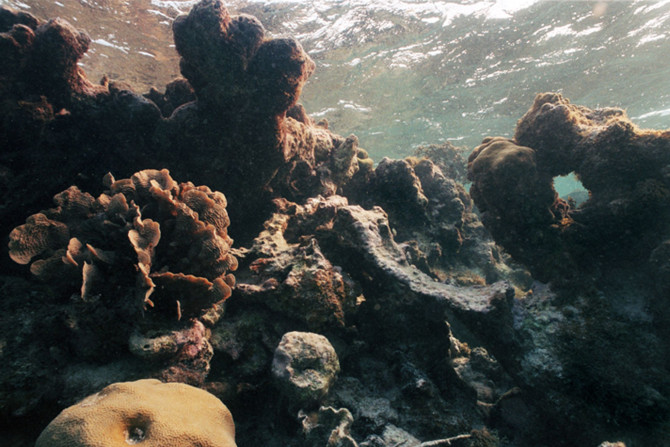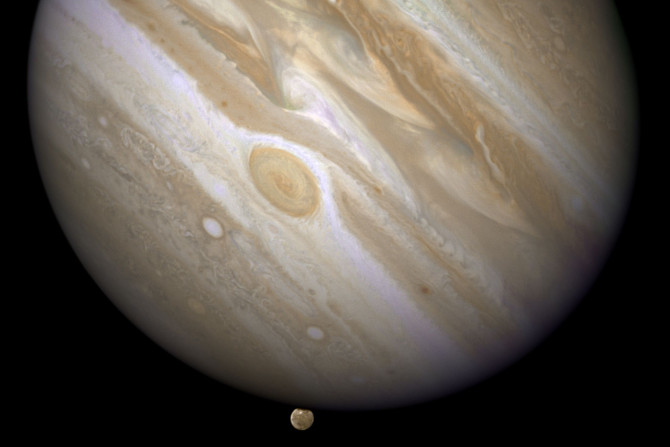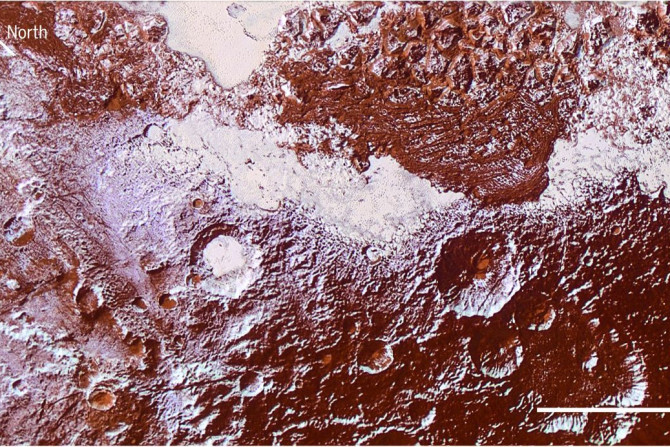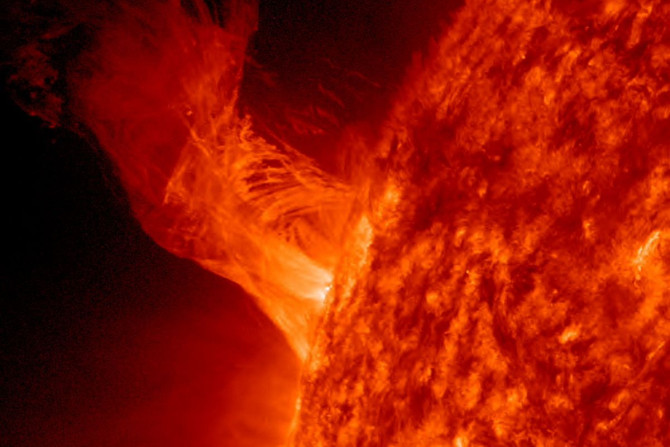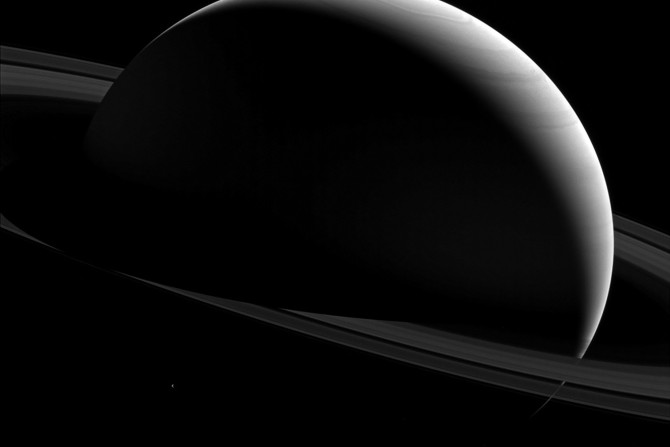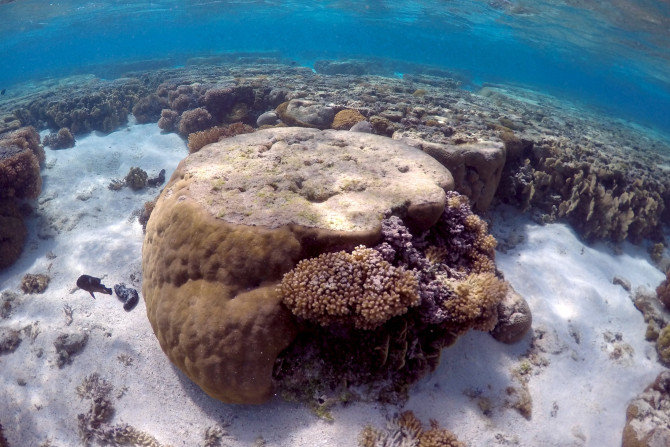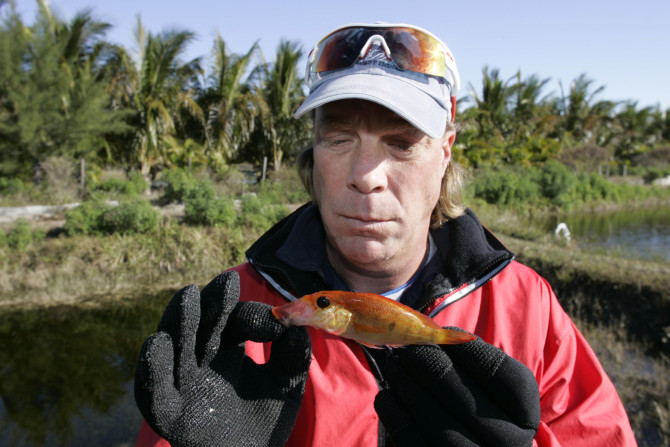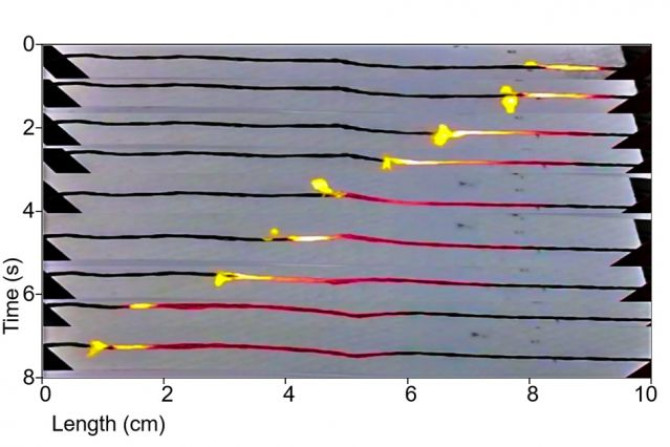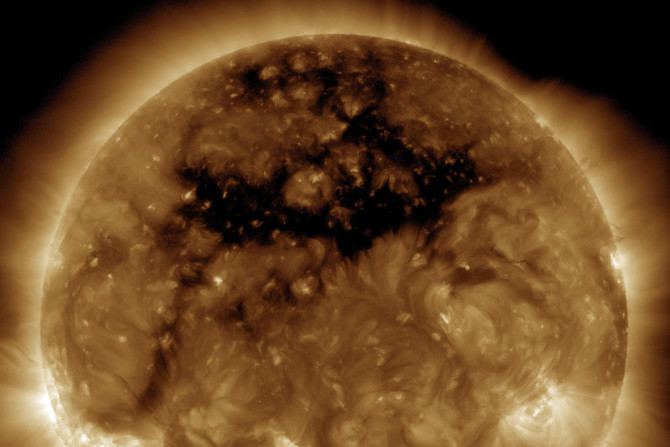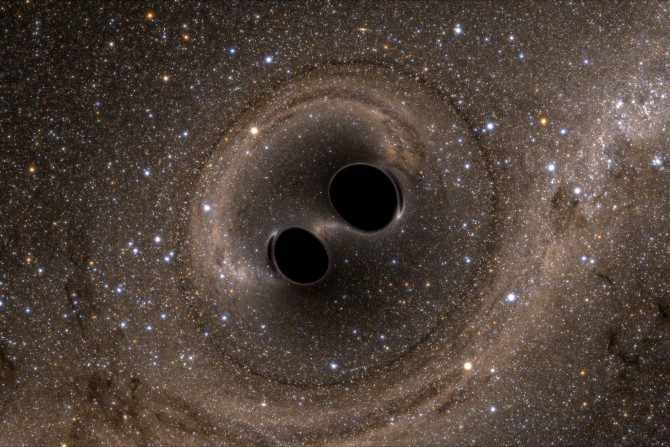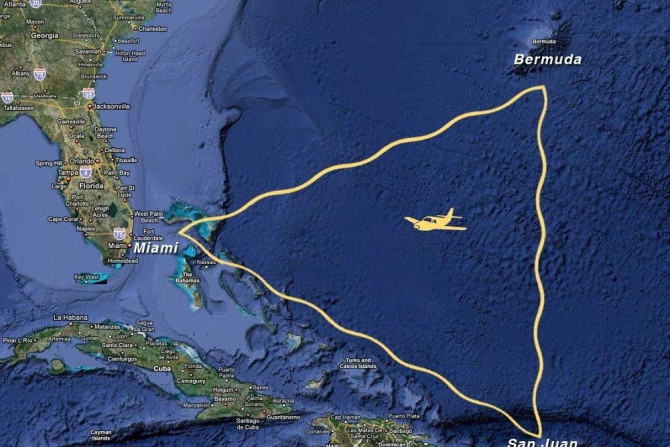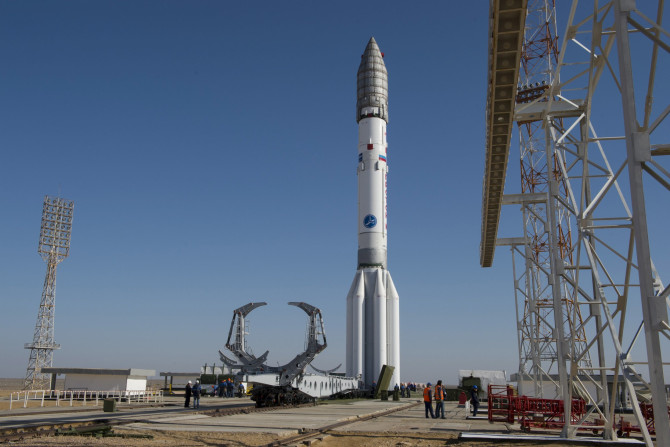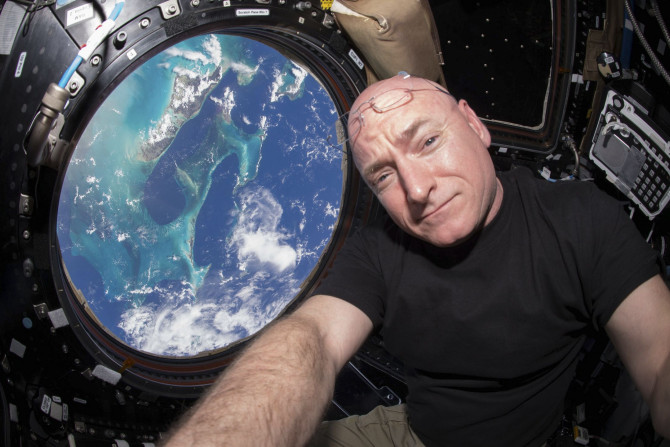The researchers produced high-resolution 3D images of the 26 million year old fossil ear using highly-advanced scanning technologies in Melbourne. The results were extraordinary.
Ritwik Roy
Apr 13, 2016
According to Mr Matthew Cossey, CEO of CropLife Australia, safety of crop protection product use and human health are the topmost priority of the plant science industry.
Ritwik Roy
Apr 13, 2016
Construction workers posed for photos after capturing the Malaysian python. They stretched the python over their shoulders while the noose was still tight on its neck. It died soon afterwards.
Ritwik Roy
Apr 12, 2016
As East Antarctica gains around 165 trillion pounds of ice a year, and West Antarctica loses 275 trillion pounds of ice a year, this makes Earth wobble tilt further towards the UK.
Ritwik Roy
Apr 12, 2016
Scientists around the globe have raised alarm bells and have called for immediate conservation efforts to protect world’s reefs. Overfishing and pollution to blame.
Ritwik Roy
Apr 11, 2016
It is possible that amino acids, ribose and molecules in cell membranes were all made in space and then hurled at Earth in the form of a comet or meteorite to start life.
Ritwik Roy
Apr 10, 2016
The WWF has strongly urged governments to stop destructive activities on world heritage sites.
Ritwik Roy
Apr 07, 2016
Channel Nine's new program would have us believe a powerful hypnotist can make us do whatever he says and we are powerless to resist or even realise. This is inconsistent with science.
Vince Polito, Amanda Barnier, Rochelle Cox
Apr 06, 2016
Science Web sites debunk speculations that the moon would appear green for 90 minutes on April 20 or May 29 because of planetary alignment.
Vittorio Hernandez
Apr 06, 2016
In light of the recent coral bleaching events, scientists have also found out that fish are protecting the Great Barrier Reef corals from bleaching, predators and storms.
Ritwik Roy
Apr 05, 2016
Apart from its weird greenish eyes, the bizarre sea creature had three gills on each side of its head as opposed to sharks’ five and seven gills on each side.
Ritwik Roy
Apr 04, 2016
Homo sapiens appeared around 200,000 years ago in Africa. Later they spread out in other parts of the world where they came across Neanderthals and possibly hobbits from Indonesia.
Ritwik Roy
Mar 31, 2016
In 2015, Australian government spent close to $100,000 sending officials to different parts of the world to convince World Heritage Committee members not to place the reef on the “in danger” list.
Ritwik Roy
Mar 31, 2016
A mysterious celestial object hit Jupiter, and scientists believe it was a comet or an asteroid. However, the explosion was extremely powerful.
Ritwik Roy
Mar 30, 2016
Pictures of Pluto taken from New Horizons have revealed features possibly carved by liquids. The photos also show a possible frozen lake located just north of Sputnik Planum.
Ritwik Roy
Mar 30, 2016
About 10 percent of the almost 100,000 stars observed by scientists had magnetic fields which strength was either weaker or similar to that of the Sun’s magnetic field.
Ritwik Roy
Mar 29, 2016
Rising global temperatures may soon make famous wine-growing regions such as California and France redundant. Production will have to shift to other regions like Canada and China.
Ritwik Roy
Mar 29, 2016
New study revealed that some of Saturn’s moons formed less than 100 million years ago, when dinosaurs were still roaming Earth. The study can help in assessing ages of other moons.
Ritwik Roy
Mar 27, 2016
Like former Prime Minister Tony Abbott, Miles wants current Prime Minister Malcolm Turnbull to show same level of commitment by visiting The Great Barrier Reef and then taking appropriate actions.
Ritwik Roy
Mar 27, 2016
Cichlid selfing is an extreme case of bizarre sexual reproduction. The breeding took place in the mouth of the fish. The fertilisation took place inside the mouth.
Ritwik Roy
Mar 24, 2016
Three new green products provide users more safety as well as savings.
Vittorio Hernandez
Mar 23, 2016
The study, published in the journal Nature Scientific Reports, showed that certain plant types could increase temperatures in China and Europe from three to five degrees Celsius.
Ritwik Roy
Mar 22, 2016
The puppy remains were found on the banks of the River Syalakh in the Sakha Republic. DNA analysis has revealed that the remains are that of a dog and not of a wolf.
Ritwik Roy
Mar 21, 2016
The reef is turning white and the main cause of it is the rising ocean surface temperature. It reached 33 degrees in February due to the strong El Niño weather system.
Ritwik Roy
Mar 21, 2016
Mars became inhabitable due to a lack of a magnetic field protection like that of Earth. Mars is barren and vulnerable to Sun’s intense solar winds.
Ritwik Roy
Mar 18, 2016
The astronomers used High Energy Stereoscopic System (HESS) telescopes in Namibia to detect the high-energy gamma ray source. The gamma rays act as a “tracer” for cosmic rays.
Ritwik Roy
Mar 17, 2016
Norwegian scientists forward the theory that methane gas explosions from the ocean floor explain why aircraft and ships disappearing when passing the Bermuda Triangle.
Vittorio Hernandez
Mar 16, 2016
The exciting Mars mission may be extremely dangerous as any form of life discovered on mars and brought back to earth may contaminate our home.
Ritwik Roy
Mar 14, 2016
American astronaut Scott Kelly, along with his Russian cosmonaut companion Mikhail Kornienko, landed on Earth last week after spending 340 days in space, the longest US space mission on record.
Ritwik Roy
Mar 14, 2016
The US and Canada will work together to reduce methane emissions by 40-45 percent of 2012 levels.
Zac Crellin
Mar 11, 2016


